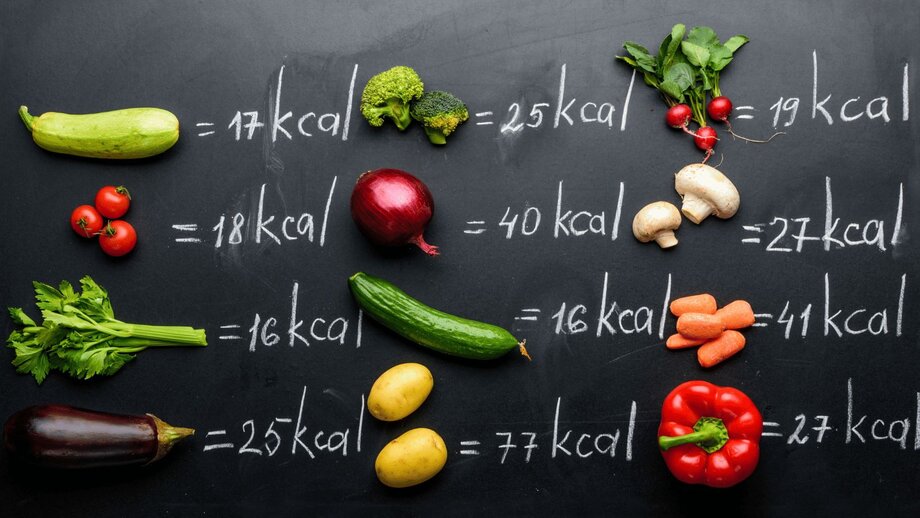Why Calorie Counting Alone Won’t Lead to Sustainable Weight Loss

Why Focusing on Calories Isn’t Enough
At first glance, calorie counting can be helpful for those trying to become more mindful of their food intake. But it’s not the complete picture of health. Here’s why:
1. Not All Calories Are Equal
One of the main issues with calorie counting is that it doesn't differentiate between the nutritional value of foods. A 500-calorie meal made up of leafy greens, lean proteins, and healthy fats will nourish your body differently than a 500-calorie fast-food burger. While the numbers might be the same, the impact on your body—blood sugar levels, energy, satiety, and even long-term metabolic health—is drastically different.
2. Hunger and Satisfaction Are More Than Numbers
Your body’s hunger and fullness signals aren’t solely dependent on calories. Hormones like ghrelin and leptin, stress levels, and even how well you slept last night all play a role in how much food you crave or need. When you eat only to hit a certain calorie goal, you might ignore the important cues your body is sending. The result? Feeling deprived and dissatisfied, which often leads to overeating or emotional eating down the line.
3. It Doesn’t Promote a Healthy Relationship with Food
Calorie counting can make food feel like a math equation rather than an enjoyable and nourishing experience. This mindset can lead to obsessive behaviors, where every meal is calculated and weighed, robbing you of the joy of eating. Instead of learning to listen to your body and understand its signals, you might rely too much on external numbers to determine how much you should eat, leading to anxiety around food choices.
4. Quality Over Quantity
At Nutrilicious Life, we believe in emphasizing the quality of food over quantity. Focusing on whole, nutrient-dense foods that support your body’s needs is more effective than obsessively counting calories. When you nourish your body with the right kinds of food—rich in fiber, vitamins, minerals, and healthy fats—your body naturally regulates how much you need to eat. It’s not just about eating less; it’s about eating smarter.
5. Flexibility is Key
Life is full of surprises—family dinners, holiday feasts, and busy workdays. A rigid diet won’t allow you to fully enjoy these moments. Flexibility in your eating habits ensures that you can adapt to different situations without stress or guilt. Remember, food is not the enemy—it’s a source of nourishment, connection, and joy. By allowing yourself flexibility, you’ll find that healthy eating becomes less of a chore and more of an enjoyable part of your day.
What Should You Do Instead?
Instead of getting caught up in the numbers game, here’s a healthier approach to weight loss and overall well-being:
1. Listen to Your Body
Practice mindful eating, paying attention to hunger and fullness cues. Eat slowly, savor your food, and give your body the time to tell you when it’s had enough.
2. Focus on Nutrient-Dense Foods
Fill your plate with vegetables, lean proteins, healthy fats, and complex carbohydrates. These foods not only provide the energy you need but also support your overall health and well-being.
5. Don’t Obsess Over Perfection
You don’t need to follow strict rules or hit exact calorie numbers every day. Flexibility is key. Some days you might need more food, while other days less—trust your body’s wisdom to guide you.
Conclusion:
While calorie counting may have its place, it’s not a sustainable or holistic approach to health and weight management. By focusing on the quality of the food you eat, practicing mindful eating, and trusting your body’s signals, you’ll create a healthier relationship with food that’s built to last. Weight loss is a byproduct of a balanced, well-nourished body, not an outcome of restrictive counting.